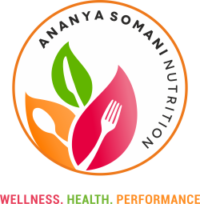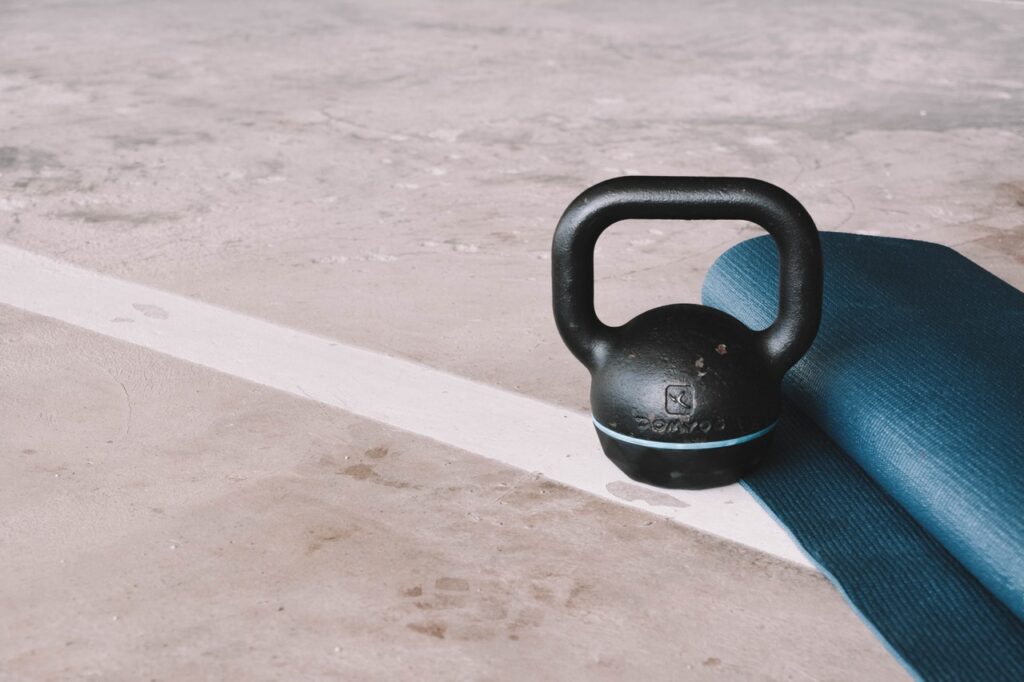While this is a common myth that pushes people to train or exercise without eating, it’s actually not true! If we break it down, when training fasted (e.g. empty stomach for a morning session) there’s less carbohydrate available as a fuel source. Hence, the body taps more into fat stores for energy to support the exercise session. However, fat loss will ONLY occour if there’s an overall calorie deficit. Just because the body burns fat, doesn’t mean the body loses fat – your overall dietary and caloric intake matters (amongst other factors).
Eating before training/exercise can:
- Improve performance (e.g. timing, reps, weight lifted)
- Kickstart recovery
- Help muscle building
What should you do?
If you’re able to put more effort into training/workout, it’ll help get more benefits out of it. Especially if you feel low on energy or like you can’t push yourself during exercise, it’s worth looking at what you’re eating before.
Eventually, there’s various individual considerations such as your goals, training pattern, gastrointestinal comfort, and more. Some people feel more comfortable working out on an empty stomach . In fact, fasted or low carbohydrate availability can be utilised strategically in certain programs.
Contact us to work with a sports dietitian to chart out a plan for you!
References:
- Kerksick, C.M., Arent, S., Schoenfeld, B.J. et al. International society of sports nutrition position stand: nutrient timing. J Int Soc Sports Nutr 14, 33 (2017). https://doi.org/10.1186/s12970-017-0189-4
- Impey, S. G., Hearris, M. A., Hammond, K. M., Bartlett, J. D., Louis, J., Close, G. L., & Morton, J. P. (2018). Fuel for the Work Required: A Theoretical Framework for Carbohydrate Periodization and the Glycogen Threshold Hypothesis. Sports medicine (Auckland, N.Z.), 48(5), 1031–1048. https://doi.org/10.1007/s40279-018-0867-7

